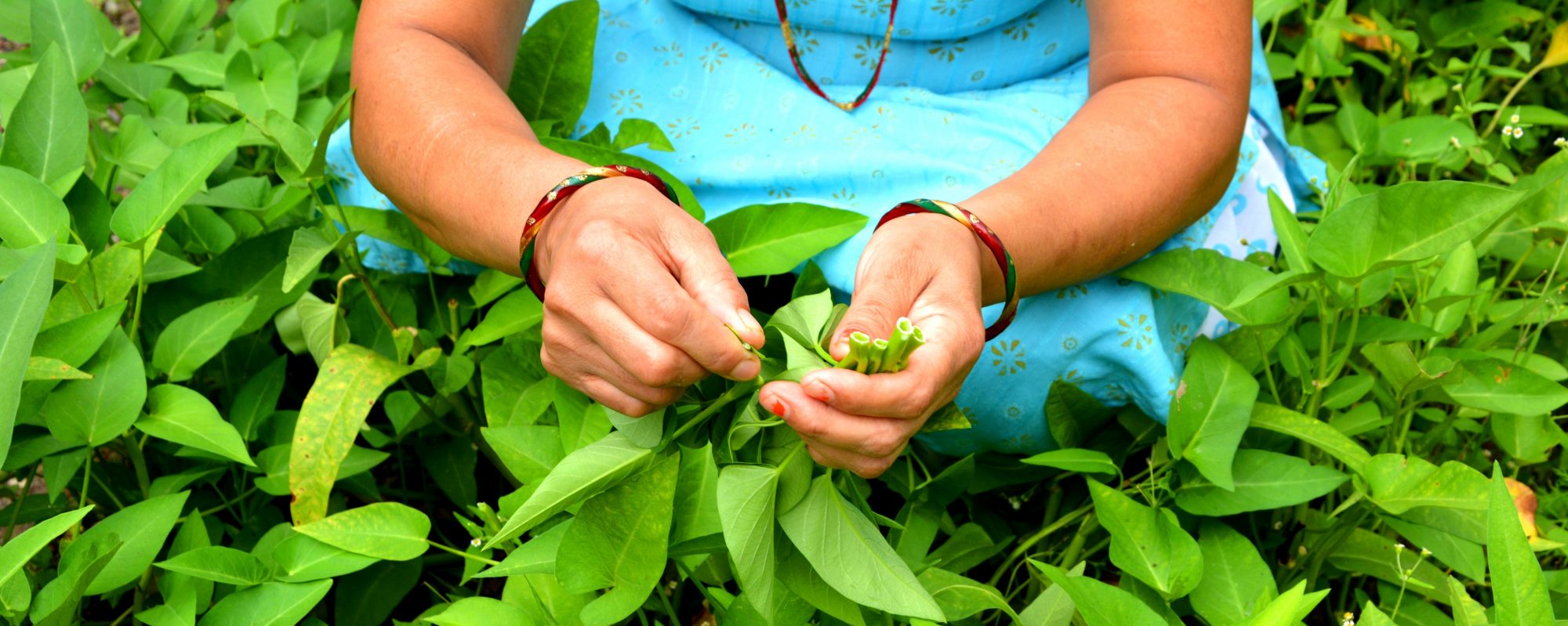Looking at the international context, taking into account key multilateral organizations such as the World Health Organization (WHO) the focus lies on ensuring quality, safety, efficacy, rational use and national regulations related to traditional medicine. These issues are taking into account within a market-oriented perspective, with limited attention towards existing knowledge and practices of local communities and their revitalization for community health. Identifying local health priorities and supplementing them with ecosystem and community specific traditional medical knowledge and resources through primary health programs is critical.
Implementation of policies for public health in a bio-culturally diverse context confronts various challenges, ranging from physical resource availability to peculiarities of sociopolitical and cultural contexts. This therefore calls for diversified approaches in their formulation that are sensitive to local priorities and contexts. In the case of health, studies have shown that a pluralistic approach of intervention integrating traditional resources and medical knowledge enables better health outcomes (Dummer and Cook, 2008).
Taking this into account, the Biodiversity and Community Health (BaCH) Initiative is planning to addresses multiple dimensions that would involve explicit contributions to the CBD mandates including those relating to the Aichi targets , Ecosystem approach, Art 8(j), 10(c) as well as Access and Benefit Sharing of Genetic Resources (ABS). Apart from that, implementing the planned activities e.g. foreseen research and capacity development agendas would result in directly contributing to the proposed areas of emphasis within the Intergovernmental Platform on Biodiversity and Ecosystem Services (IPBES) process. The Initiative aims also to contribute directly to meet several of the proposed Sustainable Development Goals (SDGs)and current Millennium Development Goals (MDGs)-in spheres of conservation and health security.

